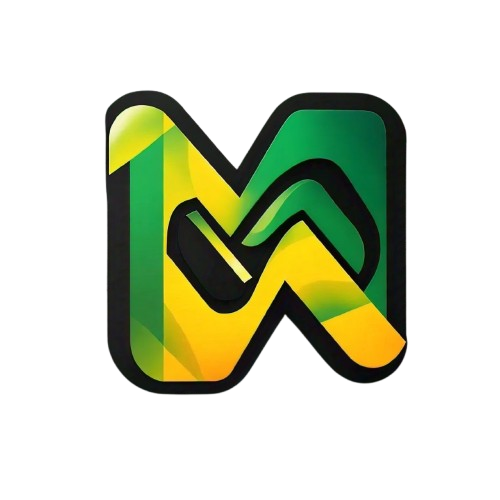Abuja, Nigeria – In a recent development, a prominent Nigerian media group, The Digital Awareness Initiative, DAI, has advocated for the passage of a Law to appoint specialized judges to oversee cases related to country’s digital broadcast sector. The proposed Law, according to the DAI, is a major step in the right direction towards combating corruption in the nation. The proposal is made at a time when issues with accountability and transparency are still plaguing the digital broadcast industry, especially with regard to corporate and political involvement.
The media group praised the bill in a statement issued earlier today, calling it a proactive step to strengthen the integrity of Nigeria’s legal system, which plays a significant role in guiding government and the people as well as industries and economic life of the Nation. This initiative, according to its proponents, seeks to prevent political interference and ensure that only qualified and skilled individuals are appointed as Judges and Justices of all superior Courts of record in Nigeria.
A statement from Mr. Jonah Ubanmhen, the group director said: “ With the rapid growth of digital broadcast platforms, there is an urgent need for a legal framework that can keep up with new challenges and enforce regulations fairly, by appointing judges who specialises in creating a more transparent legal process, which are essential in addressing issues of corrupt practices, with the hope to bring lasting improvements to Nigeria’s governance and judiciary”
Although the plan is innovative, analysts have pointed out that extensive cooperation between the government, the judiciary, and regulatory organisations such as the National Broadcasting Commission (NBC) would be necessary to put it into action. “It’s a step in the right direction, but ensuring the independence of these judicial appointments will be crucial,” said media analyst Chinedu Okafor.
If accepted, the proposal could set a precedent for other sectors in Nigeria, where corruption can be a major issue. For now, the move signals a growing recognition of the need for stronger legal mechanisms to combat corruption in Nigeria’s rapidly evolving digital broadcast landscape.
